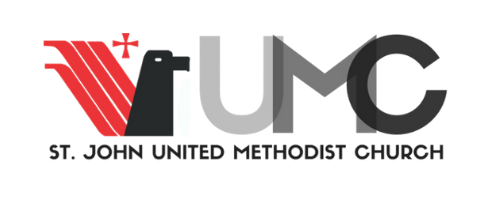If you would like additional information about the General Conference, please click here.
By Lonnie Brooks
Long before the United Methodist General Conference convened in Charlotte, I went on record as suggesting that the three things it needed to get done to be considered to be successful were the following:
1) Regionalize the Church
2) Reform the episcopacy
3) Restructure the general agencies
I submitted or helped move forward the submission of petitions to do all those things. In fact, in furtherance of item 3 on the general agencies I submitted a whole package of petitions.
20675 would have moved GCORR and GCOSROW into GBCS
20674 would have moved UMCom into GCFA
20677 would have moved GCAH into GCFA
20676 would have moved GCUMM into GBOD
GCORR is the General Commission on Religion and Race
GCOSROW is the General Commission on the Status and Role of Women
GBCS is the General Board of Church and Society
GCFA is the General Council on Finance and Administration
GCUMM is the General Commission on United Methodist Men
GBOD is the General Board of Discipleship
GCAH is the General Commission on Archives and History
UMCom is the General Commission on Communication
All of the petitions, with the exception of 20674 were rejected in the assigned legislative committees by votes varying from 25-5 to 28-1. Petition 20674 was referred by the Legislative Committee on Financial Administration to GCFA and UMCom by a vote of 62-2. So, three of them are not calendared for consideration in plenary, and 20674 is calendared for referral.
Since there were no other petitions that I've found that deal with agency consolidations, that means there will be no mandated, mission based restructuring of the agencies at this General Conference. It is almost certain that, assuming some reasonable budget, such as GCFA is proposing, will be adopted, there will be some restructuring that will be resource based, which is to say when reality hits, based on how much money is available for operations, that things can't go forward as they have in the past.
My concern about eliminating duplication of effort apparently isn't the concern of this General Conference which is pursuing other matters. Let me give you one obvious example of what I'm talking about here. It's in your face at every session near the opening. Every agenda contains a "Monitoring Report." This is a report on just how inclusive the General Conference has been in its processes. And, without fail, we get the General Secretary of the General Commission on Religion and Race (GCORR) joined by the General Secretary of the General Commission on the Status and Role of Women (GCOSROW) together at the podium to present a single report on this topic. There is no possible justification for such duplication! These two agencies are doing the same job. In fact, those who support most vigorously the inclusiveness ministry of the Church with its rightful emphasis on our call to diversity always emphasize the importance of recognition of the intersectionality of the concerns with which these two agencies deal. GCOSROW rarely publishes a report that doesn't deal with racial and ethnic dimensions of its concerns right along with concerns directly related to gender.
According to Daily Christian Advocate, Volume 4, the GCFA report, on page 1843 we find that the General Secretary of GCORR receives a compensation package of $183,733.49 per year, which is $735,000 for the quadrennium. The GS of GCOSROW receives $220,200.72 per year which is $880,800 for the quadrennium. That's $1,615,800 for the quadrennium for the two leaders of two agencies that keep doing each other's work.
That's what the issue is.

